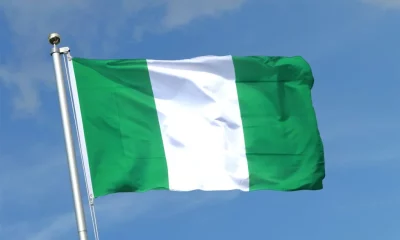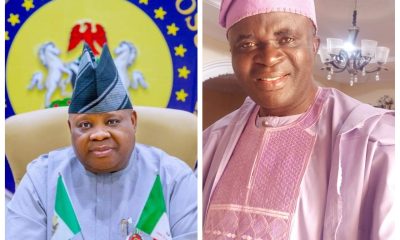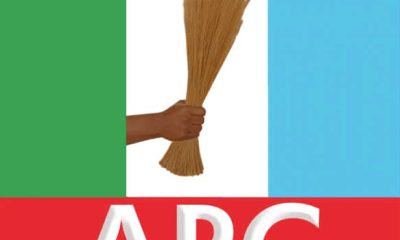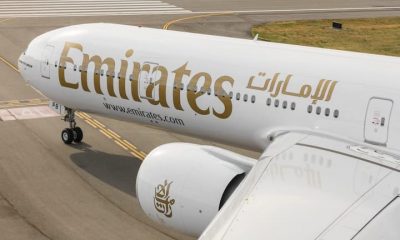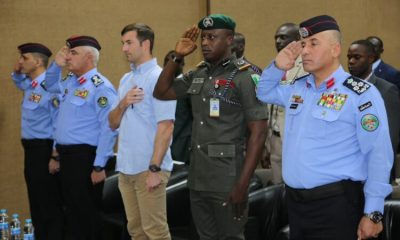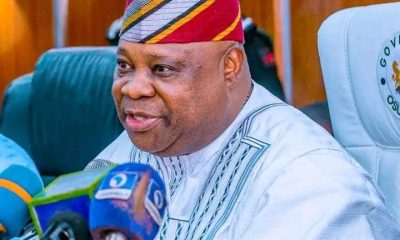News
Nigeria And Politics Of Pauperisation

By Ar-Risalah El-Miskin
Many analysts find it difficult to understand the Nigerian politics. I once listened to Chief Moshood Kashimawo Olawale Abiola, the undeclared winner of June 12, 1993 presidential election, during his interactive/campaign chat with the Nigeria Business Community at the Presidential Hotel in Lagos. Abiola quoted his American friend, a former US Ambassador to Nigeria who said: Nigerians are fast ahead and unpredictable in three things – one is Nigerian politics.

Many wonder how and why Nigeria ruling elites have been circulating the same names since independence and when those persons abate, their puppets take over. There are many children of the political elites, who after the compulsory NYSC became political appointees and remained so till they died. In one form or the other, they must serve in the government – military or democracy.
Here again, the real weaknesses of democracy come to the fore. One of such is that with money in pocket, you could dress up a ‘mad’ man as the most decent in the community and ask others to vote for him. The only guarantee the money bag needs is that the ‘mad’ man listens to him.
And so, it has come to pass in Nigeria that known criminals, obvious looters, jail birds, ‘Area Boys’ and street urchins have become the masters at our political game. They are the participants, the real voters and the crowd behind the political parties.
So, how did we find ourselves in this political quagmire? The answer to this is not far fetched. It is found in the root of our political-economy which I call: The Politics of Pauperisation – the political system that takes away our economic means – we are all in a state of poverty, ‘the state of having little or no money; with little or no material possessions.’
That same political system has conditioned our mind to accepting the situation as normal. No wonder, Nigerians are said to be the happiest in the world. A revered Barrister at Law was once reported to have said: “When you push people to the wall they turn back. No, not Nigerians. They will burrow through the wall, emerge at the other side smiling, as if nothing went wrong.”
That is because we have entered a poverty trap set by the political system. Poverty Trap is ‘a situation in which an increase in income results in a loss of benefits so you are no better off.’ The system thus complete the process of pauperisation, which is impoverishment, ‘the act of making someone poor.’ According to Wordnet.
Nigerians have undoubtedly suffered untold forms of degradation in the hands of political elites that one should expect a violent revolution would soon erupt. Indeed, some of the political elites feared such tumultuous revolt, hence, their cautious acceptance of Sai Baba as President.
But would Nigerians ever revolt? Haven’t they watched with uncanny calmness, how the present Senate conducts the nation’s business and remained unperturbed. Did they not ask the President who is virtually killing himself for citizens to have a decent living, to resume or resign? And didn’t they encourage and defend the corrupt Judiciary and the National Assembly with their ‘siddon look’ attitude – as the elites butcher and mortgage the nation’s patrimony?
I was in Ilorin, Kwara State during the recently concluded Eidul Adha. I saw mostly old women in their white garment trooping and I wondered where they were coming from. I was informed they had gone to collect the largesse from The Master of the Manor Farm. How much would each collect, for the agony from their bones was obvious. I felt bad, what can I do to help them! Nothing, for they have been conditioned to become weekly beggars.
At that point I remembered an alleged act of Joseph Stalin before the Politburo. He allegedly came to the forum with a live chicken and began to pluck of the feather until the chicken became naked and bleeding in some parts of its body. Stalin dropped the chicken which was obviously in agony and then produced chicken feed from his pocket and laced his path to his chair with the feed.
In pain, the chicken picked at the feed and followed Stalin to his seat, standing between his legs and despite the agony, continued to pick at the little drops from him. Stalin then told the Politburo: This is how to deal with the masses. Impoverish them and they follow you all about as you dole out little to feed them.
Then I also remember a major lesson of a Socialist maxim – ‘The Masses have no loyalty, their loyalty is to their stomach’. At that point I came to understand the politics of pauperisation. I came to understand why we have been unable to fight for what rightly belongs to us.
We have become so pauperised that we queue to vote, not because we have interests to protect but because we have been given maximum of Two Thousand Naira or would be given such paltry sum after voting. I have also come to understand why general strikes are always not successful. Commercial drivers – the main pillar of such strikes cannot sustain a strike beyond three days, they must be back on the road. ‘Jeun soke’ has become a popular slogan in Yoruba land – that is a way to say, ‘vote and be settled’.
Our politicians know our weakness – poverty – and they are exploiting it to the maximum. Having embezzled public funds, they come to us at election time and distribute rice and matches. Customised kerosene stove have also become the order of the day. Such petty things are materials to convince the electorates.
Consequently, the fight against corruption does not impress the masses. They could be ‘settled’ to demonstrate against a nationalist and incorruptible government, just in support of their tribesmen and women or co-religionists. They will rather threaten government with a show of force after being settled with a day’s meal. We are so poor that our emotions are toyed with. People who rape us and bled our economy to stupor return home to a royal and tumultuous welcome even as we further reward them with traditional titles.
Above all, pauperisation has taken away our humanity as we publicly celebrate mediocrity.
This is the game: the Politics of Pauperisation. And as a matter of necessity, there is an urgent need to liberate ourselves.
Ar-Risalah El-Miskin writes from Lagos.
-
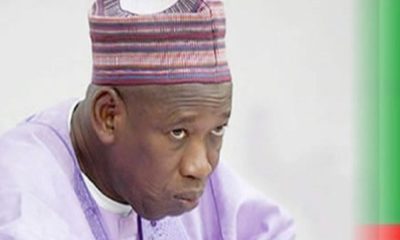
 News4 days ago
News4 days agoAPC National Chairman: Moves To Oust Ganduje Put Presidency In Quandary
-
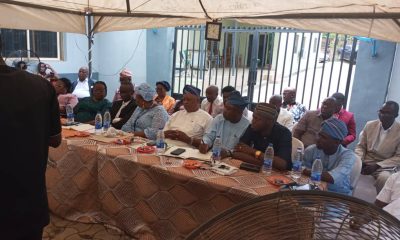
 News3 days ago
News3 days agoOsun RAAMP Opens Bid For Road Constructions Statewide
-
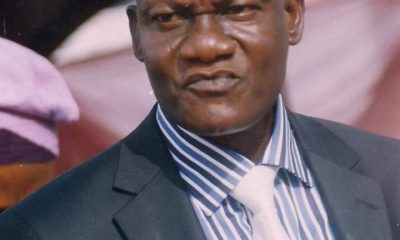
 News4 days ago
News4 days agoComrade Joseph Sangosanya dies at 67
-
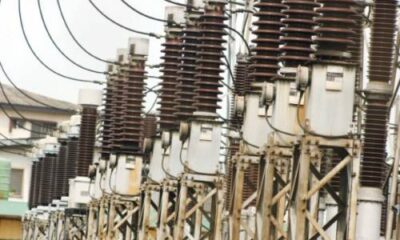
 Opinion3 days ago
Opinion3 days agoRegulatory Commission Must Wakeup From Slumber To Rescue EKEDC From The Shackles Of Dere Otubu By ADAPHAI


